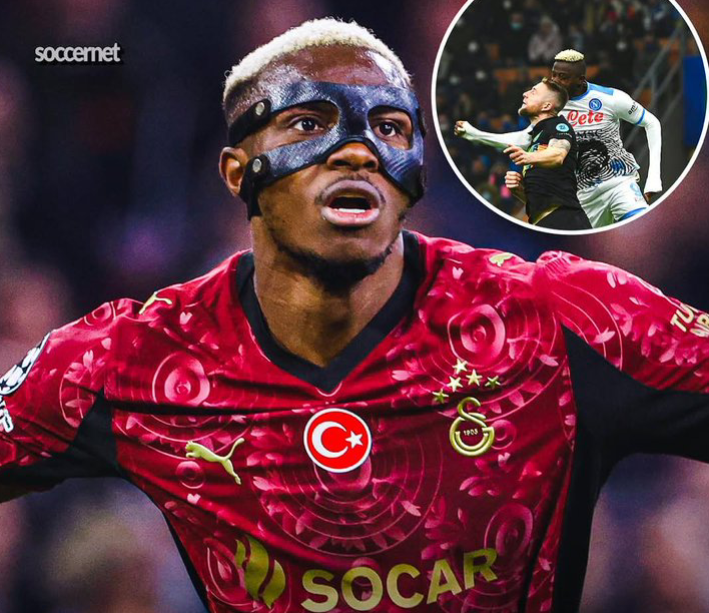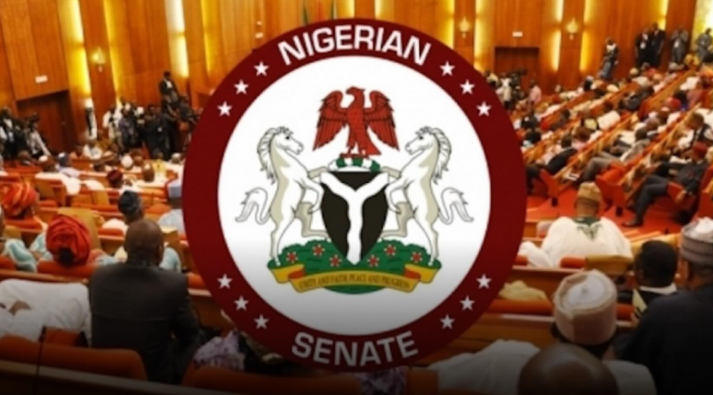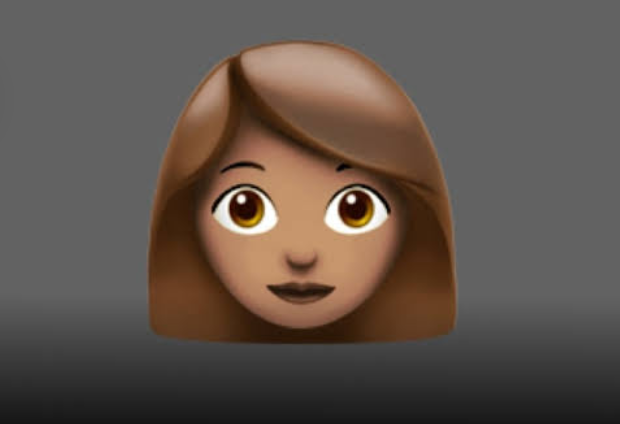
“I Only Eat on One Side of My Face”: Inside Victor Osimhen’s Painful Battle With a Jaw Injury That Changed His Life

Nigerian football star Victor Osimhen has never been one to shy away from a challenge, whether on or off the pitch. But his latest revelation has stunned fans around the world and cast new light on the depth of sacrifice hidden behind the bright stadium lights. In a video now circulating online, Osimhen admitted that since the jaw fracture he suffered in 2021, he has been unable to chew with the left side of his face. The Napoli forward, celebrated for his strength, speed, and fearlessness, revealed that he eats only on the right side of his face—an everyday struggle he quietly lives with while still performing at the highest level of football.
The confession came during an informal conversation where the striker spoke candidly about the lingering consequences of the facial injury that left him needing surgery, metal plates, and a protective mask. “Now, I only eat on the right side of my face; I can’t eat through the other side,” he said, a statement many fans never expected given how quickly he returned to action after the injury. His words have sparked new discussions about the immense physical pain elite athletes endure behind their professional image.
Osimhen sustained the injury during a Serie A match between Napoli and Inter Milan on November 21, 2021. A violent aerial collision left him with multiple fractures to his cheekbone and orbital bone. The impact was so severe that doctors later revealed they had inserted 18 metal screws and six plates to hold the bones in place. For weeks, fans worried about his career. But what many didn’t know was that the damage extended far beyond the dramatic photos, the visible swelling, or even the protective mask that has since become part of his iconic on-field look.
His return to football was celebrated as a story of resilience, but Osimhen’s new disclosure shows the hidden cost of that comeback. The ability to chew, something people take for granted, has become a daily obstacle for one of Africa’s biggest football exports. Food, which is supposed to provide fuel and comfort, has turned into a reminder of his pain. According to Osimhen, even after doctors cleared him to play, he still deals with sensitivity, discomfort, and a reduced ability to use one side of his mouth. Yet he never stopped stepping onto the pitch, scoring goals, and carrying the hopes of millions of supporters.
“I still feel it,” he admitted, speaking about the aftermath of the trauma. “The mask protects me, but the inside… that one, na only me know how it dey be.” His honesty has drawn an outpouring of sympathy and admiration from fans, who now see the mask not just as gear but as part of his survival.
The mask, originally designed to protect the fragile bones as they healed, has become synonymous with the striker’s image. In fact, fans often call him “The Masked Warrior,” a nickname that embodies both his courage and his struggle. Osimhen has often credited the mask with giving him confidence on the field, especially in aerial duels where he would otherwise be at risk. But now it’s clear the emotional and psychological connection runs deeper: the mask is not just about protection but also about coping with the reality that his injury permanently changed his life.
Reactions to his statement have poured in across platforms, with many Nigerians expressing renewed appreciation of how much the 25-year-old has endured. Some say it explains the fierce expression he wears during matches, while others believe it shows the level of dedication required to remain at the top of the world’s most demanding sport. Many had assumed that Osimhen’s jaw had completely healed long ago, especially given his explosive performances in Serie A and for the Super Eagles. But his revelation shows that at the elite level, athletes often continue to play through long-term consequences fans rarely see.
For sports analysts, the disclosure also reignites concerns about head and facial injuries in football. Osimhen’s case is one of several high-profile injuries that have sparked calls for stricter rules on aerial challenges, better protective gear, and more recovery time for players after traumatic collisions. But many athletes fear missing games or losing their place in the squad, which often leads to returning earlier than medically ideal. Osimhen’s story demonstrates the long-term risks of such decisions.
Even with the complication he now faces every day, Osimhen remains focused on his career. He is currently one of Africa’s most valuable players and continues to be a major force for both club and country. His determination despite physical limitations adds a powerful layer to his already inspiring journey, from growing up in the tough streets of Olusosun in Lagos to becoming one of the most influential strikers in world football.
His journey is a reminder that football superstars, despite their fame and wealth, are still vulnerable to the unpredictability of physical damage. They play through injuries, endure pain silently, and sometimes face lifelong consequences. In Osimhen’s case, the injury has left a mark far deeper than fans imagined. And yet, he carries it with dignity, choosing not to complain but to shine brighter on the field.
As the video continues to trend, fans have turned his revelation into a moment of reflection. Many are praising him not just for his skill but for his resilience and honesty. Others say the Nigerian star deserves even more recognition for what he continues to sacrifice for the game. One thing is certain: the world now understands that the mask is not just an accessory but a symbol of a warrior whose battles didn’t end in the stadium.
Osimhen’s willingness to open up about his struggle paints a picture of vulnerability rarely seen from global athletes. His courage to speak about something so personal has made him even more relatable, especially to young footballers who idolize him. It shows that behind every spectacular goal celebration, behind every sprint, there can be pain no one else sees.
Yet, despite everything, he keeps going. That, perhaps, is why Victor Osimhen’s star continues to rise—not just because of the goals he scores, but because of the battles he fights when the cameras are off.


